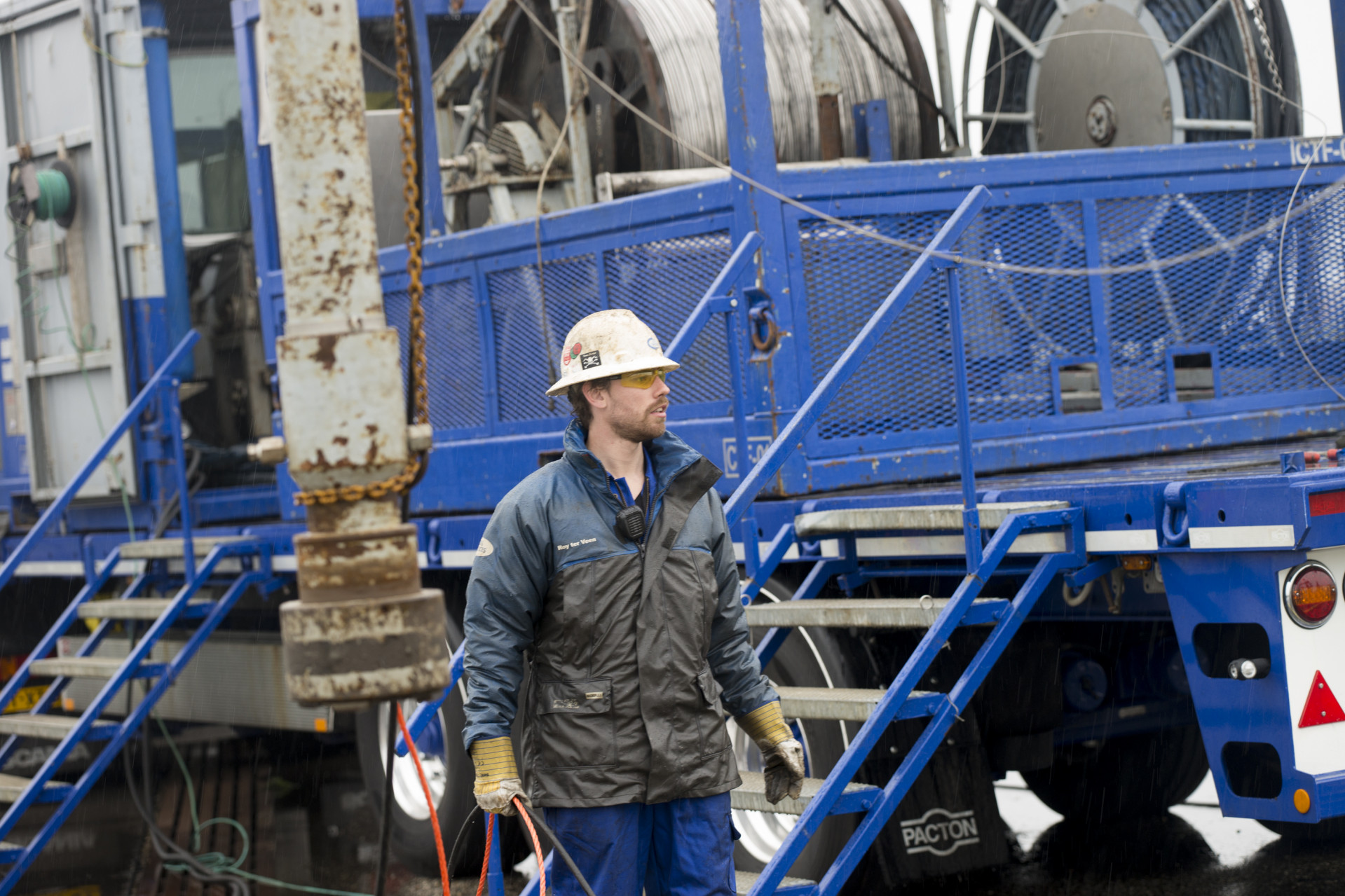Immigrate to Canada as a Nurse, Many jobs are in high need across Canada, including registered nurses, and they are one of the most in-demand jobs here. Since Canada requires nurses and nurses, the government has created immigration and work permit programs that allow foreign workers to gain a Canada permanent residence status within Canada.
If you’re looking to move to Canada to work as a nurse from 2023, You can apply to some of the following programs. Before we do that, let’s overview the Canadian provinces where nurses are the most in need.
You might also be interested in: Easiest Ways to Apply for Teaching job in Canada
Which Canadian Provinces Need Nurses?
The top 4 Canadian provinces in which nurses with a degree are in high demand.
Manitoba
Manitoba is a vital province located in Canada and is among the province’s most required nurses. The CBC news stated that Manitoba has a massive shortage of nurses and has been this way for many years. The need for nurses in Manitoba has increased by a third since the outbreak of Covid-19.
New Brunswick
New Brunswick also needs licensed nurses, registered practical nurses, and personal support staff. Job opportunities are available in both official languages (English and French). The province of New Brunswick has made it the top priority to hire and keep these highly sought-after health care specialists.
Nova Scotia
Nova Scotia also seeks to fill the many nursing jobs as many nurses from the province are planning to retire within the next few years.
Quebec
Nurses are highly sought-after across the state of Quebec. Quebec is working through work permit programs to help immigrants join Quebec as a nurse during the coming year.
Anyone who wants to move to Canada as a nurse in 2022can applies to Work permit programmes like those under the Federal Skilled Worker Program. If they are successful, they can obtain permanent residence in Canada.
You might also be interested in: How to Immigrate to Canada as a Hairdresser
Canadian Immigration for Nurses
To be able to work in Canada, you would typically require a Canada working permit; however, this is not required when you are already a permanent resident (PR). Two major immigration programs permit successful applicants to be granted PR status. If you’re looking to move to Canada as a nurse, you could apply to these programs:
- Federal Skilled Worker Program
- Provincial Nominee Program
You might also be interested in: How to Apply for General Laborer Jobs In Canada
Federal Skilled Worker Program (FSWP)
The Federal Skilled Worker Program (FSWP) is part of the Express Entry system, which is a smart option for immigration due to its speedy processing times of up to six months. This Federal Skilled Worker Program targets those with the skills, qualifications, or work experience to help Canada’s economy. Canadian economy.
How do you determine which program is best appropriate for you? Let’s review the requirements that you have to be able to meet before applying to the FSWP.
Also check: Top jobs to apply in Canada as an Immigrant
Who can apply for Federal Skilled Worker Program?
The conditions to be qualified for the FSWP are the following:
- Work experience that is skilled in a field mentioned as a job in National Occupation Classification (NOC)
You must have work experience in any of the following positions:
- Managerial
- Professional
- Trade/technical job
You might also be interested in: Warmest Places in Canada in Winter for Travelers
Successful applicants will be granted Canadian permanent residency that allows them to work and live in Canada.
What is the Provincial Nominee Program?
Should you already have a specific province in your mind that you would prefer to work as a nurse, maybe any of those provinces listed that nurses are in high demand, and this could be the right way to be granted PR status.
Provincial Nominee Program is an immigration category comprised of more than 80 different immigration streams. There are 11 participating provinces and territories in Canada, including:
- Alberta Immigrant Nominee Program (AINP)
- British Columbia Provincial Nominee Program (BC PNP)
- Manitoba Provincial Nominee Program (MPNP)
- New Brunswick Provincial Nominee Program (NW PNP)
- Newfoundland & Labrador Provincial Nominee Program (NL PNP)
- Northwest Territories Nominee Program (NTNP)
- Nova Scotia Provincial Nominee Program (NS PNP)
- Ontario Provincial Nominee Program (OINP)
- Prince Edward Island Provincial Nominee Program (PEI PNP)
- Saskatchewan Provincial Nominee Program (SINP)
- Yukon Nominee Program (YNP)
If you’d like to relocate through the PNP, you’ll need to apply to the state where you would like to establish yourself. The province will then evaluate your application based on its labour and immigration requirements and determine if you really wish to reside in the province.
In most regions, Canadian immigration not only contributes to economic growth and boosts the quality of life for an ageing population. Because nurses are in high need in Canada and a lot of nurses have retired, you are likely to have a high chance of getting the job applying through the PNP.
Furthermore, The Canadian government plans to accept 250,000 newcomers from 2021 to 2023, all by using the PNP!
Who can apply for a PNP, and what is the procedure? Let’s look.
You might also be interested in: Highest paying Jobs in Canada
Why Work as a Nurse in Canada
Besides the fact that you will contribute to the development of the Canadian economy and being within one of the most secure financial countries, Are there any other advantages of being a nurse in Canada? It is a definite yes.
Healthy salaries
The main benefit of working as a nurse in Canada is that you’ll earn impressive pay. A typical nurse working in Canada is paid $65,000 annually, a significant amount compared to other countries with developed economies.
Health insurance
Another advantage of becoming a healthcare worker in Canada is that you’ll have access to health insurance plans which will provide coverage for your family and you.
Assistance with child care
Did you know the registered nurses of Canada have access to an area for parents at work who require help with child care? To ensure that the children of nurses who work irregular hours are looked after, numerous hospitals and institutions offer the option of childcare where children are taken care of whenever needed.
Also check: Top jobs to apply in Canada as an Immigrant
FAQs
1. What is the maximum age for nurses in Canada?
There is no age limit for nurses in Canada. There are nurses in their 70s and 60s.
2. What are the prerequisites for working as a nurse within Canada?
To be able to become an official nurse in Canada, You must meet the following requirements:
- Successful completion of a nursing course that corresponds to a bachelor’s degree of four years degrees in nursing or
- A practical nursing diploma
- The NCLEX-RN exam is required for those who wish to become a Registered Nurse and CPNRE for those applying to become Registered Practical Nurse. CPNRE (Canadian Practical Nurse Registration Test) when applying for the position of Registered Practical Nurse
3. What is the most simple PNP to move to Canada as a nurse?
Alberta PNP is one of Canada’s most straightforward provincial nominee programs to obtain a nomination to Canada permanent residence, and, after that, permanent residency is a given. This is due to Alberta PNP, the Express Entry aligned Stream of Alberta; Alberta Immigrant Nominee Program (AINP) is a program that invites those who have CRS (Comprehensive Ranking System) scores that are as low as 300 CRS points.

